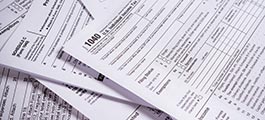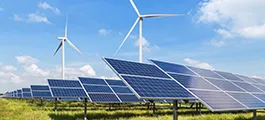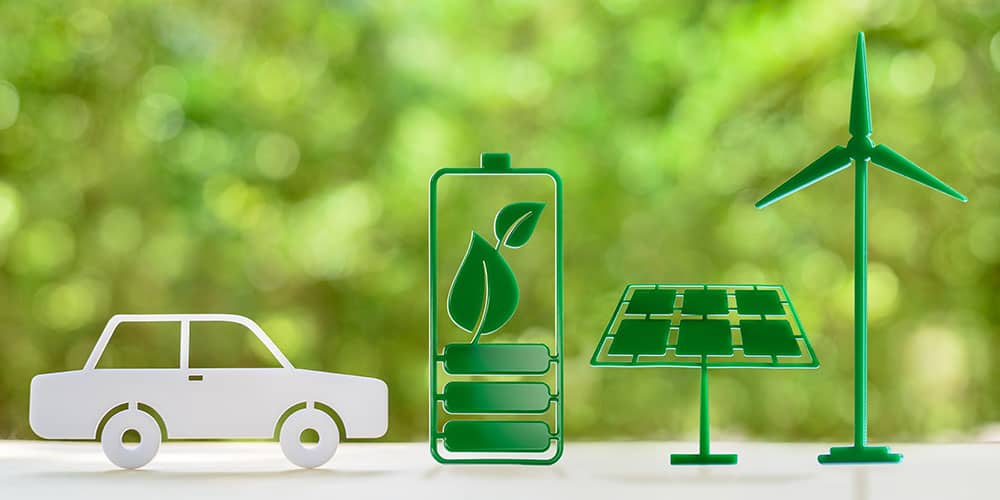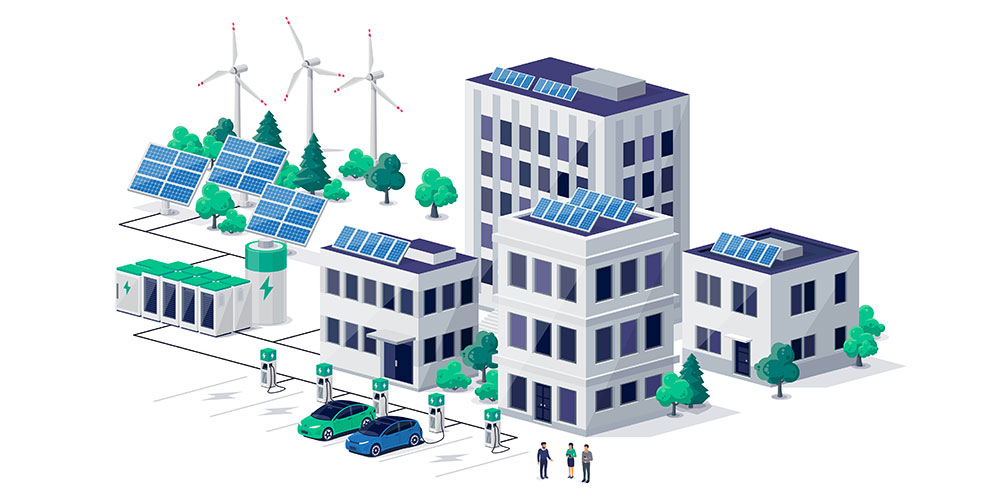
Understanding Alternative Energy and its Tax Incentives
Renewable energy is an area of growing interest for businesses looking to take advantage of the tax incentives included in the Inflation Reduction Act of 2022 (IRA). Because the incentives are so attractive, business owners will want to understand how they might apply to their operations and what they can do to qualify.
What is Alternative, Renewable, Clean and Green Energy?
It may help to start with a basic definition of what qualifies as alternative, renewable, clean and green energy.
- Alternative energy is a broad term for any energy that is not derived from fossil fuels. Alternative energy sources produce little to no greenhouse gases (GHG), like carbon dioxide (CO2).
- As part of the alternative energy landscape, renewable energy is derived from solar, wind, water, biomass and geothermal sources. Biomass refers to renewable organic material that comes from plants and animals that can be converted into liquid biofuels such as ethanol and biodiesel. Geothermal energy comes from the earth’s deep hot water wells and reservoirs; it can be extracted for a variety of uses, including electricity generation and heating and cooling.
- Clean energy includes renewable energy sources, along with nuclear power and hydrogen and fuel cells.
- Green energy is electricity produced from renewable energy sources. Green power exceeds the minimum regulatory standards for other alternative energies and offers the highest environmental benefits.
How Alternative Energy Use May Benefit Businesses
The IRA offers businesses a variety of incentives to embrace alternative energy. Here are some examples of how businesses might implement changes that would qualify them for tax credits:
- Solar energy systems. One tax credit applies to the installation of a solar-powered system, and another tax credit applies to purchasing electricity generated by solar and other technologies.
- Clean vehicles and EV charging stations. Businesses that buy a qualified commercial clean vehicle may qualify for a clean vehicle tax credit of up to $40,000. Businesses that install new electric vehicle (EV) chargers or equipment may benefit from a tax incentive of up to 30% of the cost if they meet certain requirements.
- Energy efficiency. The IRA extends and expands the energy-efficient commercial buildings deduction to encourage businesses to lower their energy usage. Buildings that go beyond the minimum and invest in higher efficiency improvements may also qualify for bonuses.
The IRA contains a wide array of sweeping provisions aimed at accelerating a transition to clean energy in all industries and sectors. Adoption of these practices may bring value to your business in several ways.
Contact us for help understanding which tax incentives may benefit your business.


